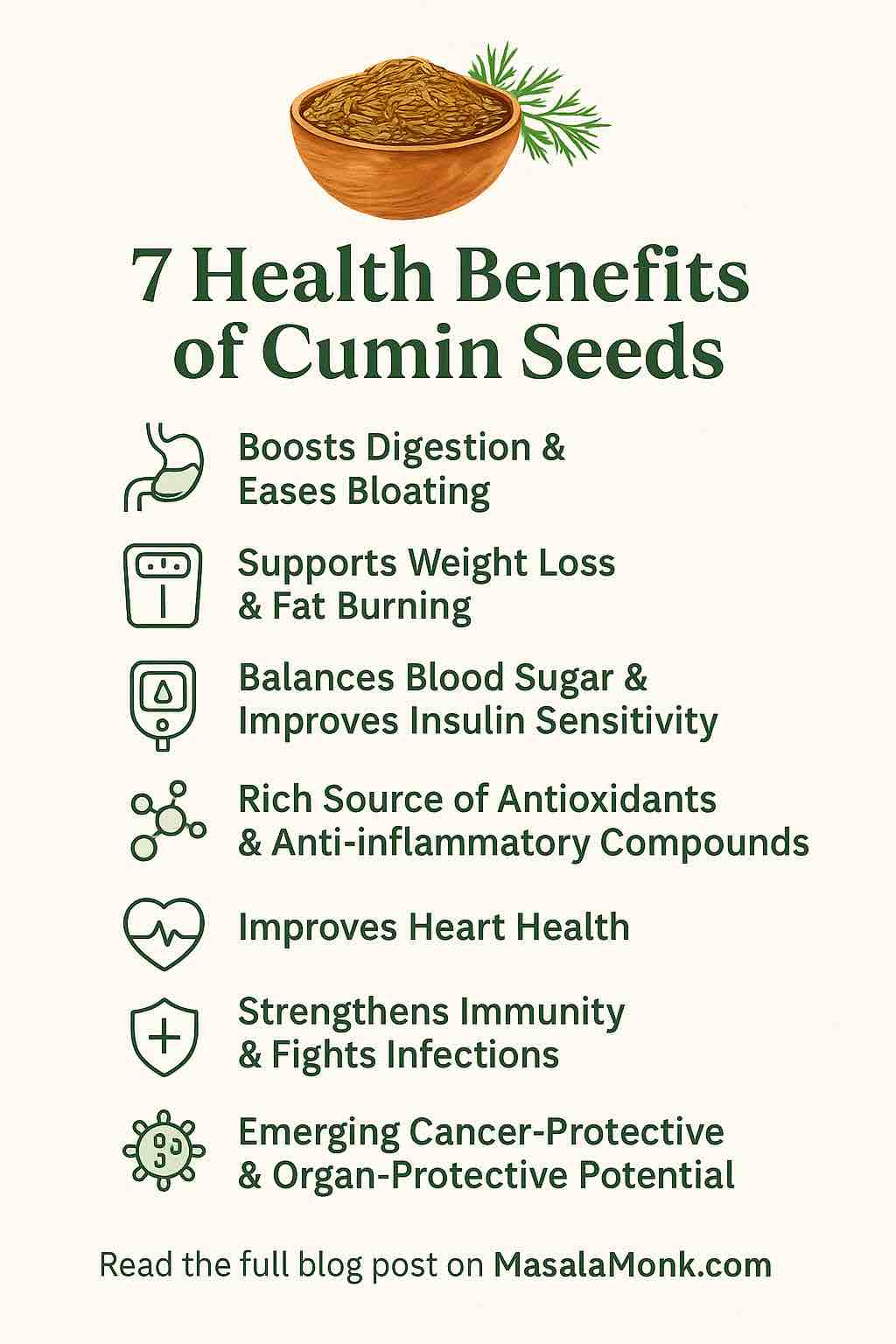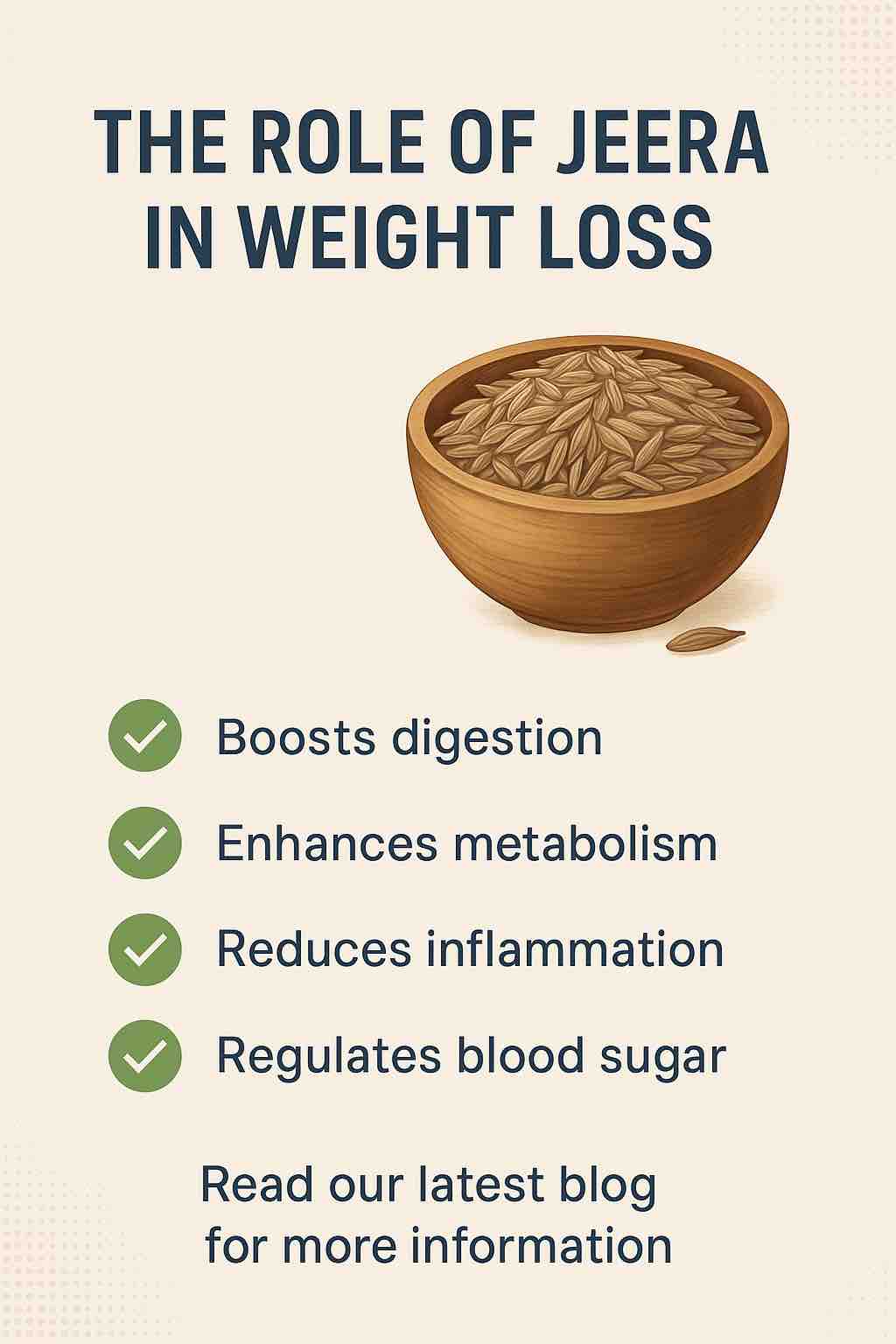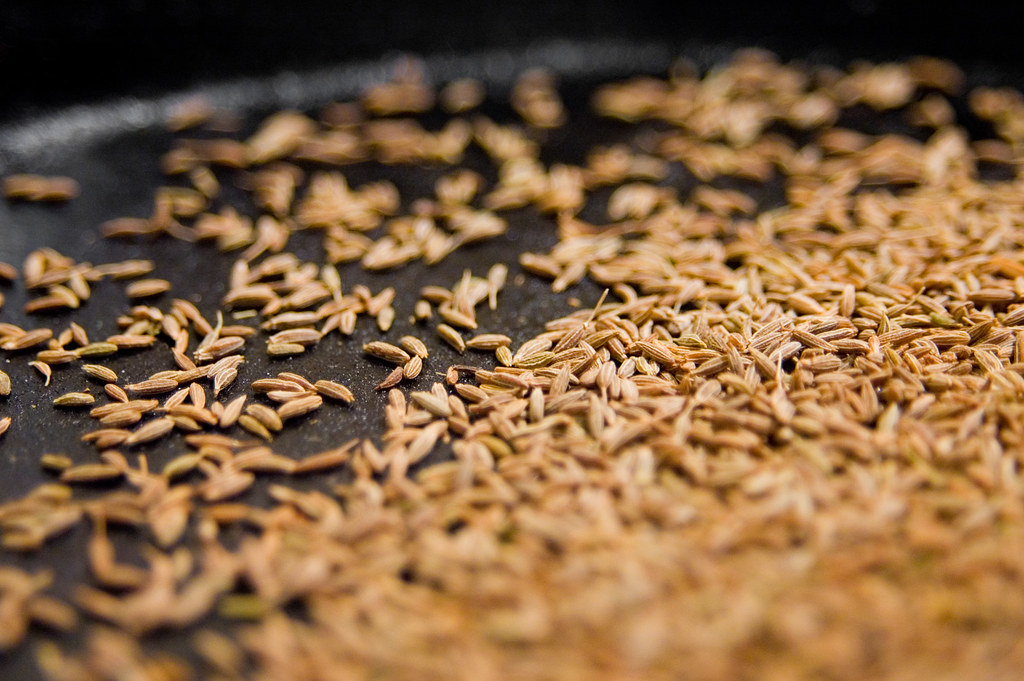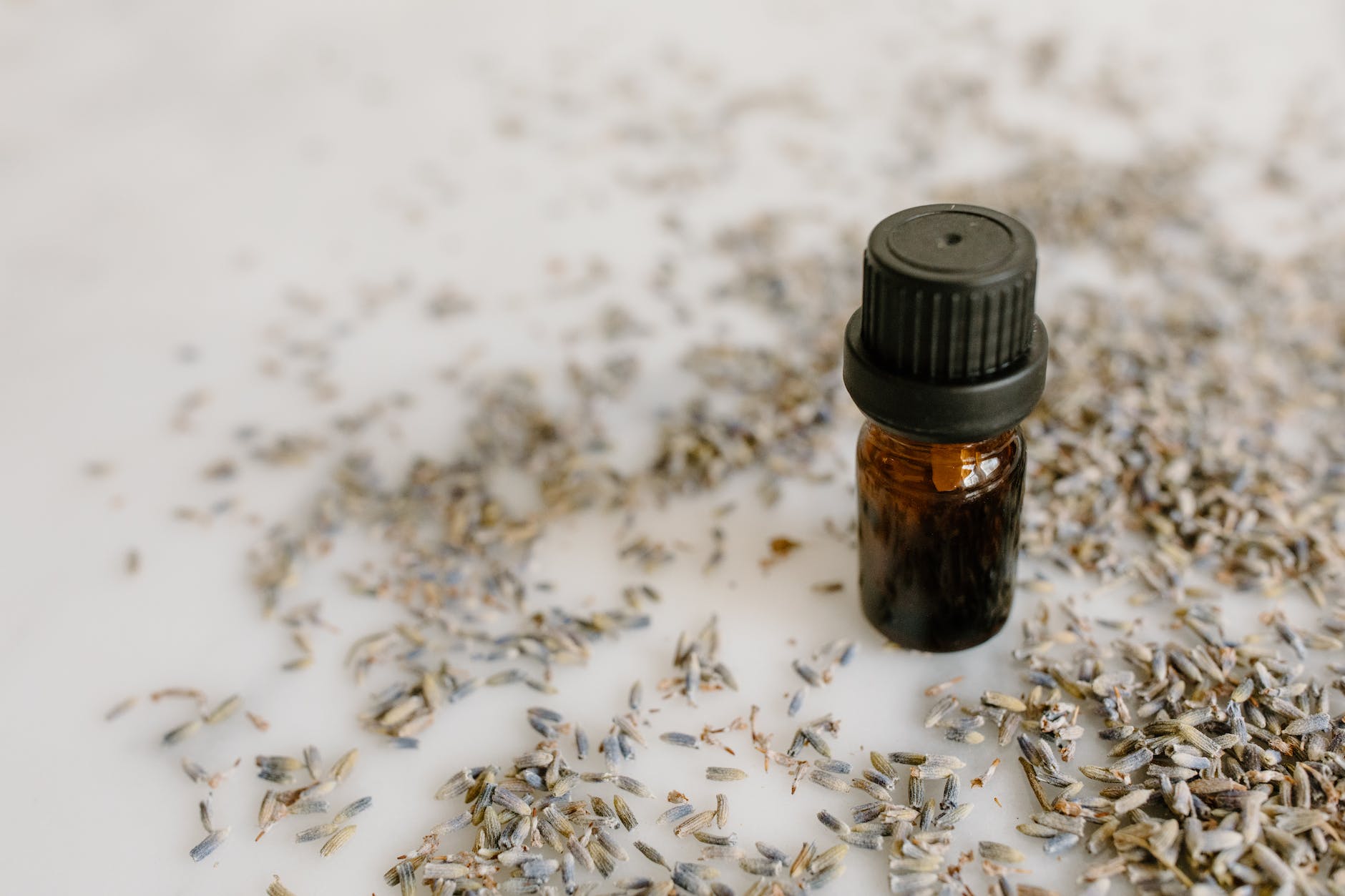
Cumin seeds (Cuminum cyminum), known as jeera in many parts of the world, have been a staple in traditional cuisines and healing systems like Ayurveda for centuries. But modern science is catching up, uncovering fascinating evidence behind cumin’s remarkable health benefits. From metabolic health to digestion, recent research shows that cumin isn’t just a flavorful spice—it’s a powerful functional food.
Let’s explore 7 science-backed health benefits of cumin seeds, along with practical tips on how to add them to your daily life.
1️⃣ Boosts Digestion & Eases Bloating
Cumin has long been revered as a digestive aid. Modern studies confirm that compounds in cumin—such as cuminaldehyde and thymol—stimulate the secretion of digestive enzymes, which:
- Accelerate food breakdown
- Reduce gas, bloating, and indigestion
- Improve bile secretion, aiding fat digestion
In people with irritable bowel syndrome (IBS), cumin extract has been shown to reduce symptoms like abdominal pain and bloating significantly. Even simply drinking jeera water (soaked cumin seeds) first thing in the morning can support gut health and reduce flatulence.
Practical Tip:
Soak 1–2 teaspoons of cumin seeds in a glass of water overnight. Drink this jeera water on an empty stomach to jumpstart digestion.
2️⃣ Supports Weight Loss & Fat Burning
One of the most impressive areas of cumin research lies in its role in weight management. Several randomized controlled trials (RCTs) have shown that:
- Consuming 3g/day cumin powder (usually with yogurt) for 3 months led to significant weight loss, BMI reduction, and waist circumference shrinking.
- A recent trial combining 150mg cumin extract with lime twice daily for 8 weeks led to up to 2.1kg weight loss compared to placebo.
Cumin appears to:
- Increase metabolism
- Suppress appetite
- Improve insulin sensitivity
- Lower triglycerides and LDL cholesterol
Practical Tip:
Mix 1 teaspoon of cumin powder into plain yogurt and consume daily as part of your lunch or dinner.
3️⃣ Balances Blood Sugar & Improves Insulin Sensitivity
For people struggling with high blood sugar, prediabetes, or type 2 diabetes, cumin may offer powerful support:
- Multiple human trials show that 50–100mg/day of cumin extract or essential oil significantly reduced fasting blood sugar, insulin resistance, and HbA1c.
- It helps modulate adiponectin and leptin levels, hormones involved in metabolism and insulin sensitivity.
- Cumin’s antioxidant properties may protect pancreatic β-cells from oxidative stress.
Practical Tip:
Discuss with your healthcare provider if high-dose cumin extract supplements are appropriate for your blood sugar management plan.
4️⃣ Rich Source of Antioxidants & Anti-inflammatory Compounds
Cumin seeds contain a range of phytochemicals including:
- Flavonoids (apigenin, luteolin)
- Phenolic acids (caffeic acid, ferulic acid)
- Essential oils (cuminaldehyde, p-cymene)
These compounds help:
- Neutralize free radicals
- Suppress inflammation pathways like NF-κB
- Lower markers of systemic inflammation like IL‑1β, IL‑6, and TNF-α
This antioxidant action is linked to protection against chronic diseases like cardiovascular disease, cancer, and neurodegeneration.
Practical Tip:
Use roasted cumin powder as a seasoning on salads, soups, and vegetable dishes to increase daily antioxidant intake.
5️⃣ Improves Heart Health
Heart health benefits from cumin supplementation have been consistently reported:
- Lower total cholesterol, LDL cholesterol, and triglycerides
- Elevation of HDL (good) cholesterol
- Reduction of blood pressure markers (in some small trials)
In one 2014 RCT, overweight women consuming 3g/day of cumin powder saw significant improvements in their lipid profiles over 3 months.
Practical Tip:
Consider using cumin oil capsules (standardized extracts) for targeted cardiovascular support, under medical supervision.
6️⃣ Strengthens Immunity & Fights Infections
Cumin demonstrates broad antimicrobial properties:
- Inhibits bacteria like E. coli, S. aureus, and Pseudomonas
- Fights fungi like Candida albicans
- Has antiparasitic potential
New research (2025) has isolated bioactive peptides from cumin seeds that show promising antibacterial, antifungal, and hypoglycemic activity in laboratory settings.
Practical Tip:
Adding cumin regularly to your meals can offer a natural defense boost, especially during cold and flu season.
7️⃣ Emerging Cancer-Protective & Organ-Protective Potential
Animal and lab studies suggest cumin may have:
- Anti-tumor effects in breast, colon, and liver cancer models
- Protective effects on the liver and kidneys
- Neuroprotective benefits linked to reduced oxidative stress and improved memory in animal models
While human trials are still limited, the research is encouraging for cumin’s long-term protective roles.
Practical Tip:
Combine cumin with other anti-inflammatory spices like turmeric, ginger, and garlic to build a daily “spice therapy” regimen that may offer broad-spectrum organ protection.
⚠️ Safety & Considerations
- Cumin is generally safe at culinary doses (~1–3g/day).
- High-dose extracts should be used under healthcare supervision, especially for:
- Pregnant or breastfeeding women
- People on diabetes or blood pressure medications
- Individuals prone to low blood sugar or bleeding disorders
- Always buy high-quality, organic cumin seeds or extracts to avoid contamination.
🔬 The Future: Cumin Peptides on the Horizon
The February 2025 study identifying over 400 bioactive peptides from cumin seeds could revolutionize its applications in:
- Pharmaceutical research
- Functional foods
- Nutraceuticals
Some isolated peptides show impressive potential for anti-cancer, antimicrobial, and metabolic regulation, though large-scale human studies are still awaited.
✅ Bottom Line
Cumin seeds are no longer just a kitchen staple—they’re a proven functional super-spice with diverse health benefits supported by modern science. Incorporating cumin into your daily routine is an easy, affordable, and flavorful way to enhance your digestion, metabolism, immunity, and overall well-being.
👉 Start today:
- A pinch in your cooking
- Jeera water each morning
- Yogurt mixed with cumin powder
- Roasted cumin seasoning on snacks
Your body will thank you for it.
🔟 FAQs About Cumin Seeds
1. How much cumin should I consume daily to see health benefits?
You can consume 1–3 grams (about ½ to 1 teaspoon) of ground cumin daily in food or as jeera water. For therapeutic effects, studies have used up to 3g/day of powder or 50–150mg of extract, but always consult a healthcare provider before high-dose supplementation.
2. What is the best way to consume cumin for digestion?
The simplest and most effective method is jeera water: soak 1–2 teaspoons of cumin seeds overnight in a glass of water and drink it first thing in the morning. It enhances enzyme activity and reduces bloating.
3. Can cumin help with weight loss?
Yes. Clinical trials show that 3g/day cumin powder or 150mg cumin-lime capsules twice daily can reduce body weight, BMI, and waist circumference by improving metabolism and fat digestion.
4. Is cumin effective for managing blood sugar levels?
Yes. Human studies report that cumin extract or essential oil improves fasting glucose, insulin sensitivity, and HbA1c levels, making it useful for people with type 2 diabetes or prediabetes.
5. Are cumin and black cumin (Nigella sativa) the same?
No. Cumin (Cuminum cyminum) and black cumin (Nigella sativa) are different plants. Both have health benefits, but they contain different active compounds. Cumin is common in cooking; black cumin oil is often used medicinally.
6. Are there any side effects of taking cumin?
Culinary doses are generally safe. High doses (especially in supplement form) may cause heartburn, low blood sugar, or interfere with medications. Pregnant or breastfeeding women should consult a doctor.
7. Can cumin help with immunity or infections?
Yes. Cumin has antibacterial, antifungal, and antiviral properties. Recent research also shows cumin-derived peptides with potent antimicrobial activity against pathogens like E. coli and Candida albicans.
8. Does roasting cumin affect its benefits?
Roasting cumin enhances its flavor and doesn’t significantly reduce its core benefits. However, very high heat over long periods may degrade some antioxidants. Light toasting is ideal.
9. Can cumin be used for kids or the elderly?
Yes, in small culinary doses. For children, use cumin in food (like lentils or rice). For elderly individuals, cumin water or spiced yogurt can aid digestion and metabolism—monitor for sensitivity.
10. How soon can I see results from taking cumin?
Digestive benefits can be felt within a few days. For weight loss, blood sugar, or cholesterol improvements, studies show noticeable effects in 6–12 weeks with consistent daily intake.













